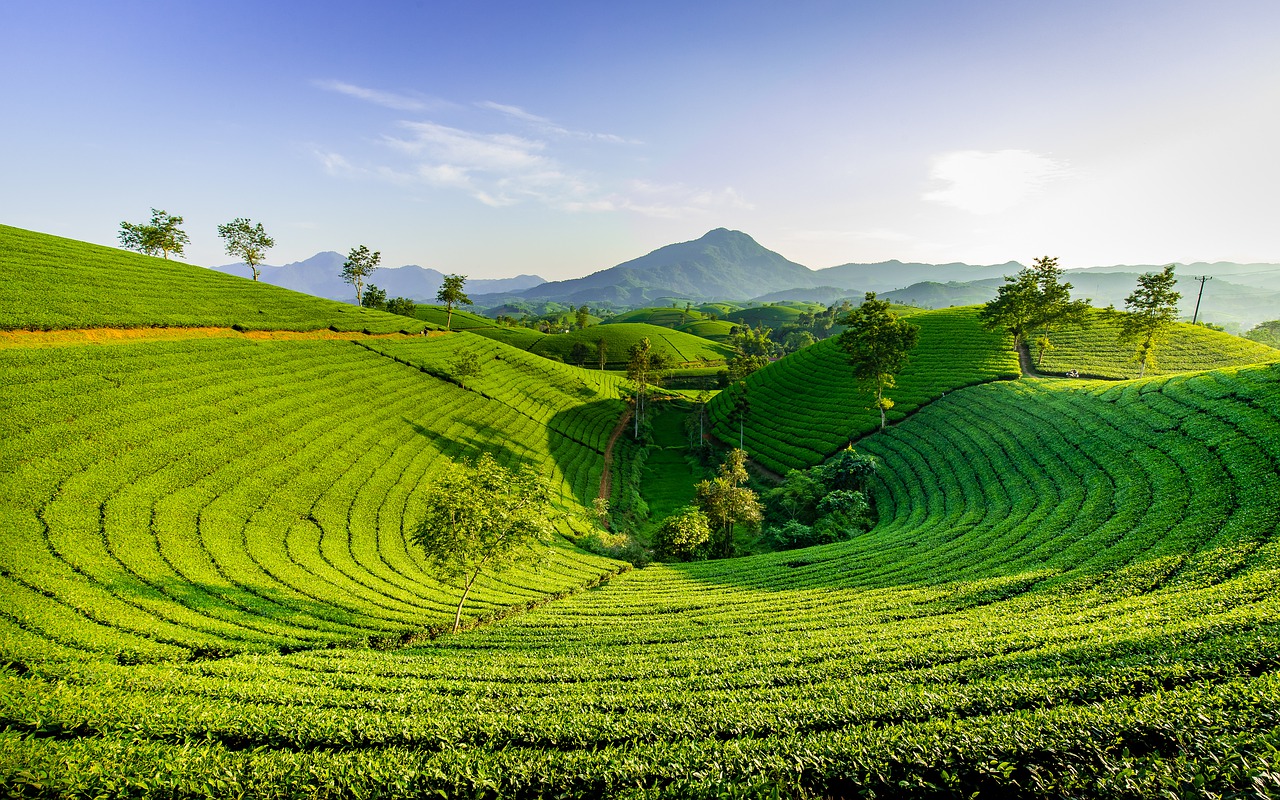When planning your trip to Vietnam, there are several things you’ll want to keep in mind. In this article, you’ll find information on COVID-19, insect-borne diseases, and how to change money. Also, you’ll learn about the visa requirements and general health requirements for travel to Vietnam. Continue reading to learn more! Until then, enjoy your trip! And, remember to pack plenty of water! The tropical climate is perfect for swimming!
COVID-19
Travelers should be aware of the risk of COVID-19 when visiting Vietnam. The Vietnamese government has developed a nationwide task force to combat the virus. Its dual objectives include fighting the virus and developing the economy. Officials have also made battling the virus a patriotic act, likening the fight to a war against the enemy. A positive test can trigger a targeted lockdown. In a large fire, this measure can isolate an entire area.
Insect-borne diseases
Pregnant women should use personal protection measures against day-biting mosquitoes when traveling to Vietnam. The CDC recommends that pregnant women postpone travel until after their pregnancy to other countries that may be affected by Zika virus. The disease can be self-limiting in adults, but can cause considerable discomfort. Pregnant women should avoid travel during the peak rainy season and the Mekong delta. During this time, the risk of Zika virus is especially high in Ho Chi Minh City and the Mekong delta.
Health requirements for travelling to Vietnam
If you are traveling to Vietnam, you must comply with specific health requirements. Vietnam is considered a risk country for rabies, a disease that can be passed from animal to human via a bite, lick, scratch or other contact with the virus. Rabies vaccination is available for both children and adults. You should also carry condoms for protection against sexually transmitted diseases. Rabies vaccination is also recommended for travellers working with animals in Vietnam.
Changing money in Vietnam
Changing money in the country is an important task for foreign travellers, particularly if you plan on spending a long period of time there. The Vietnamese Dong (VND) is the local currency in Vietnam. You can easily change your currency in major cities and most smaller towns, but this method isn’t guaranteed. It’s safer to withdraw money in a city before traveling, rather than changing it at the airport, where the exchange rate will probably be higher.
Avoiding demonstrations and public gatherings
Travel to Vietnam is generally safe, but there are still some things you should avoid. In Vietnam, it is illegal to gamble in non-government-licensed casinos, possess pornography, or be involved in groups associated with dissidents. It is also illegal to export antiques without a permit from the Ministry of Culture. Likewise, you should avoid taking pictures of military sites or displaying political opinions in public gatherings. While you can avoid being attacked in public, it is best to avoid being photographed in these settings. If you are a dual citizen, you should travel to Vietnam on an Australian passport to avoid being arrested for treason. Also, you might be required to perform compulsory military service.

